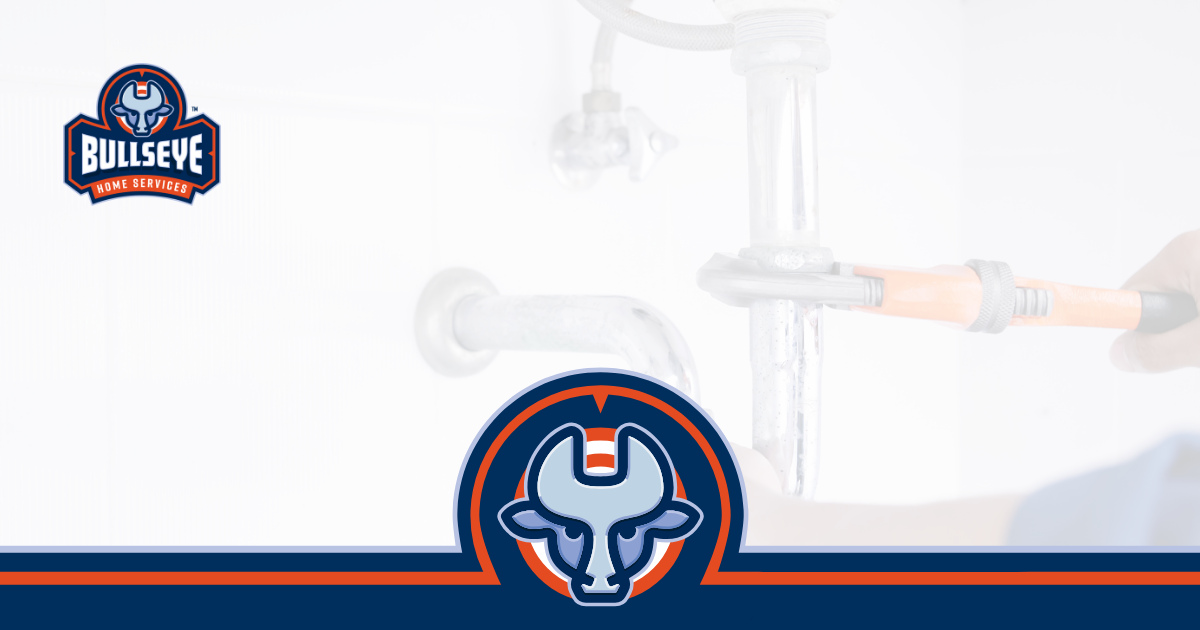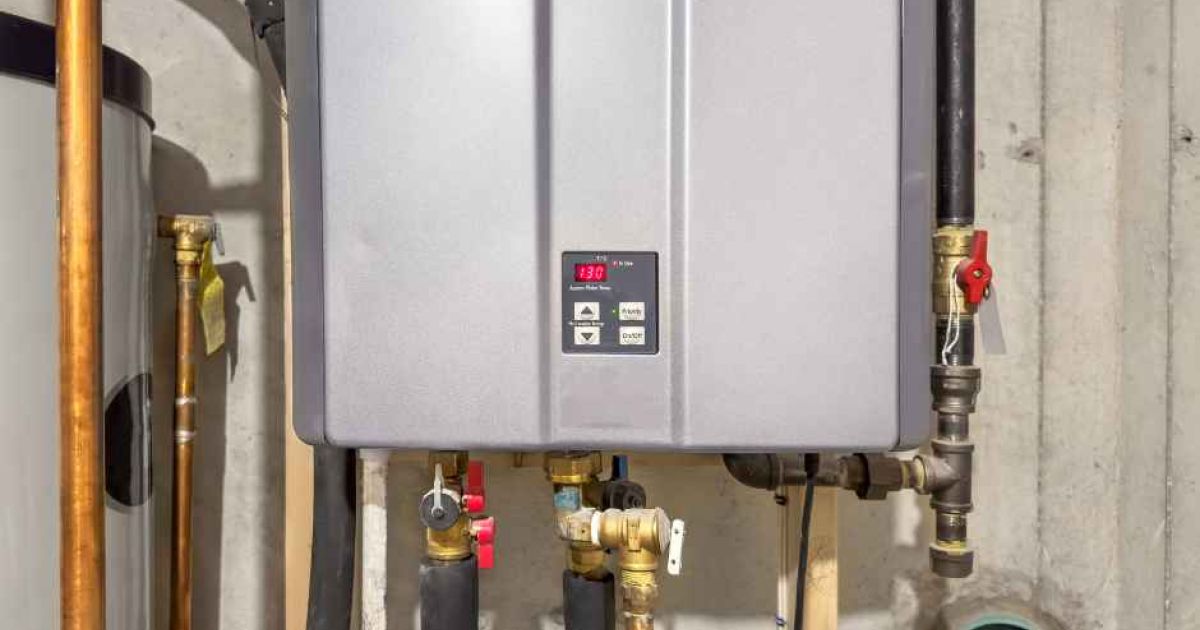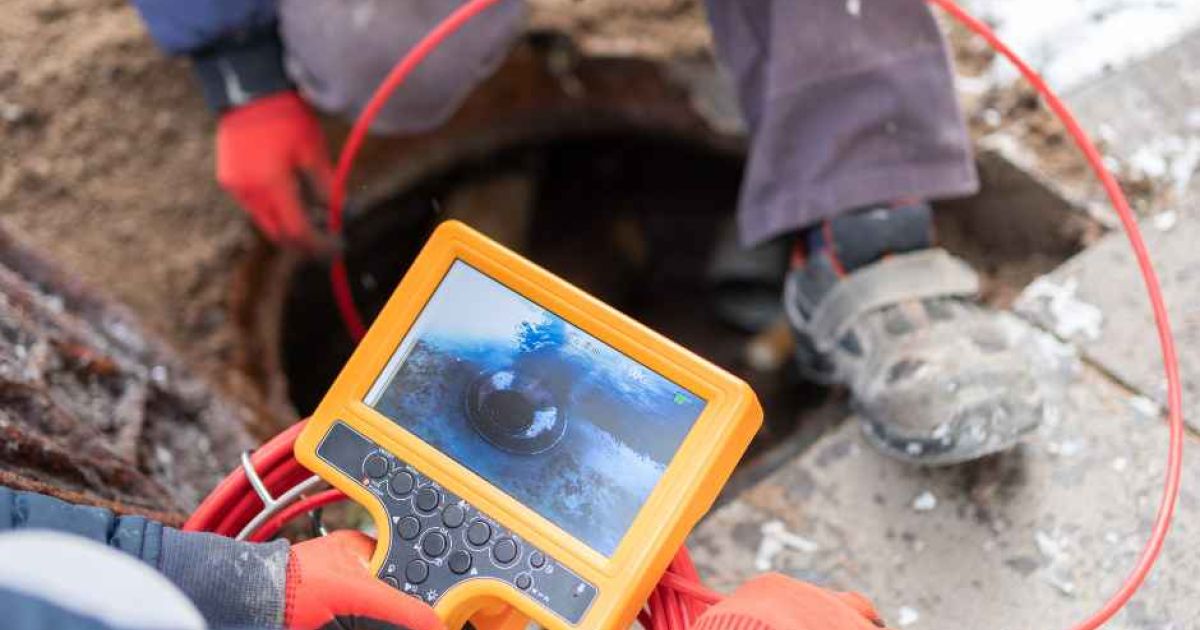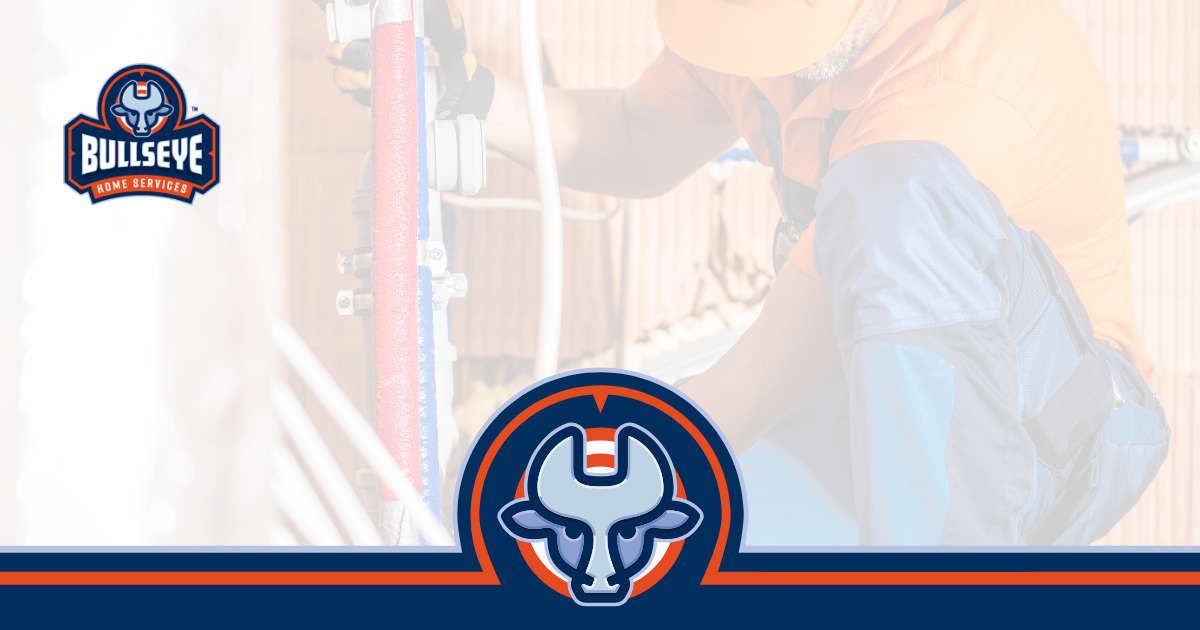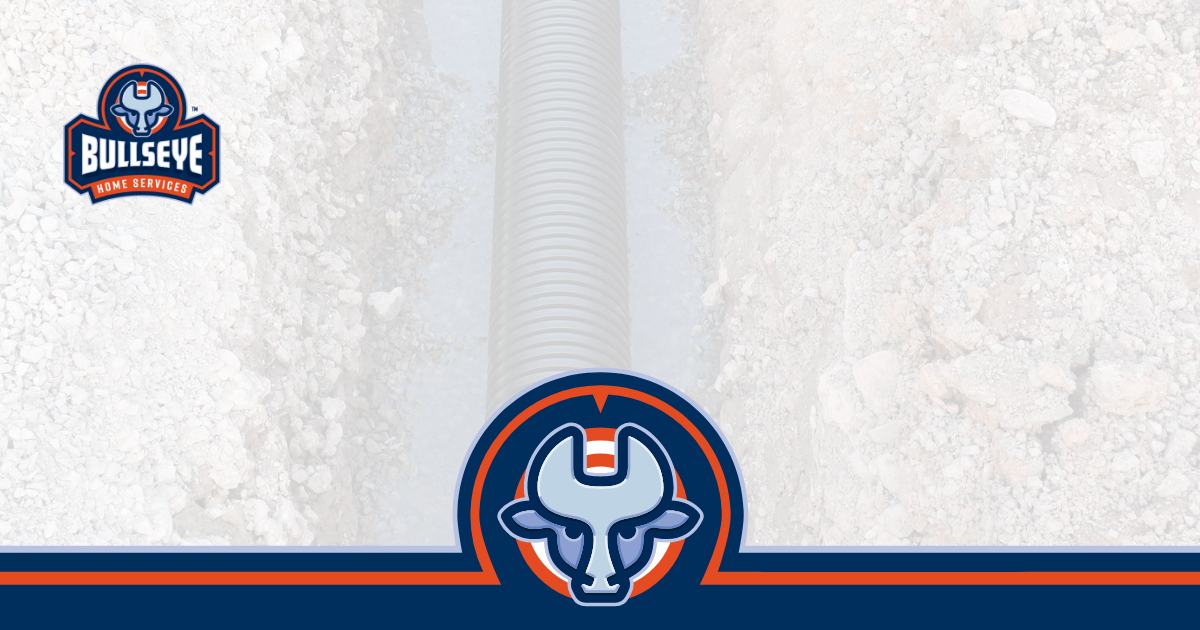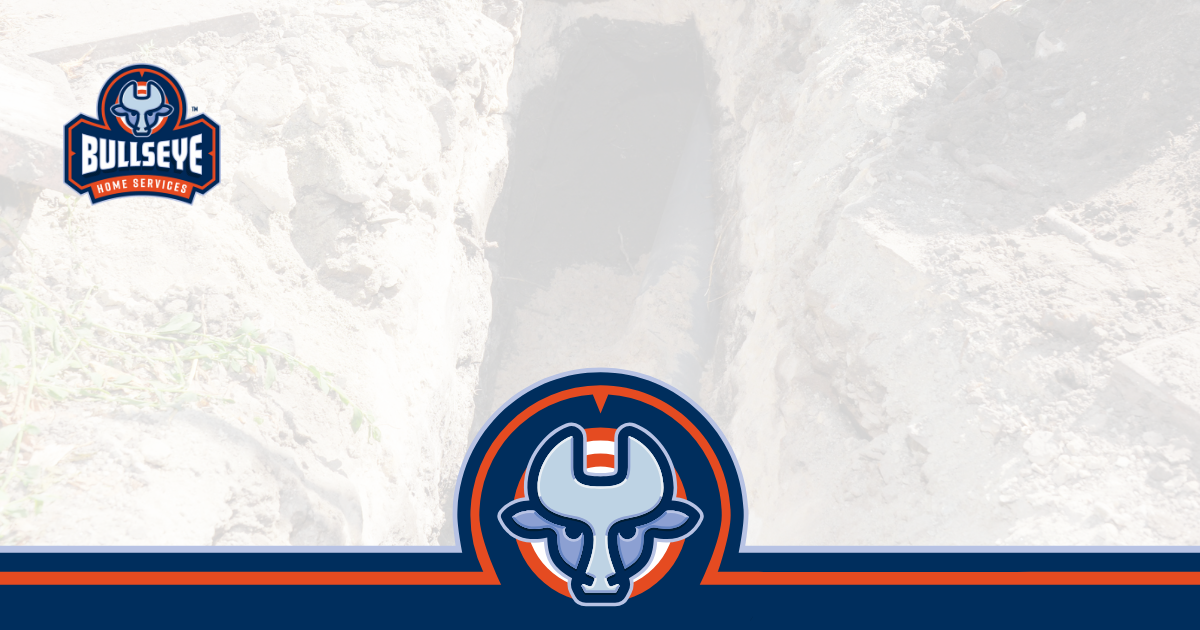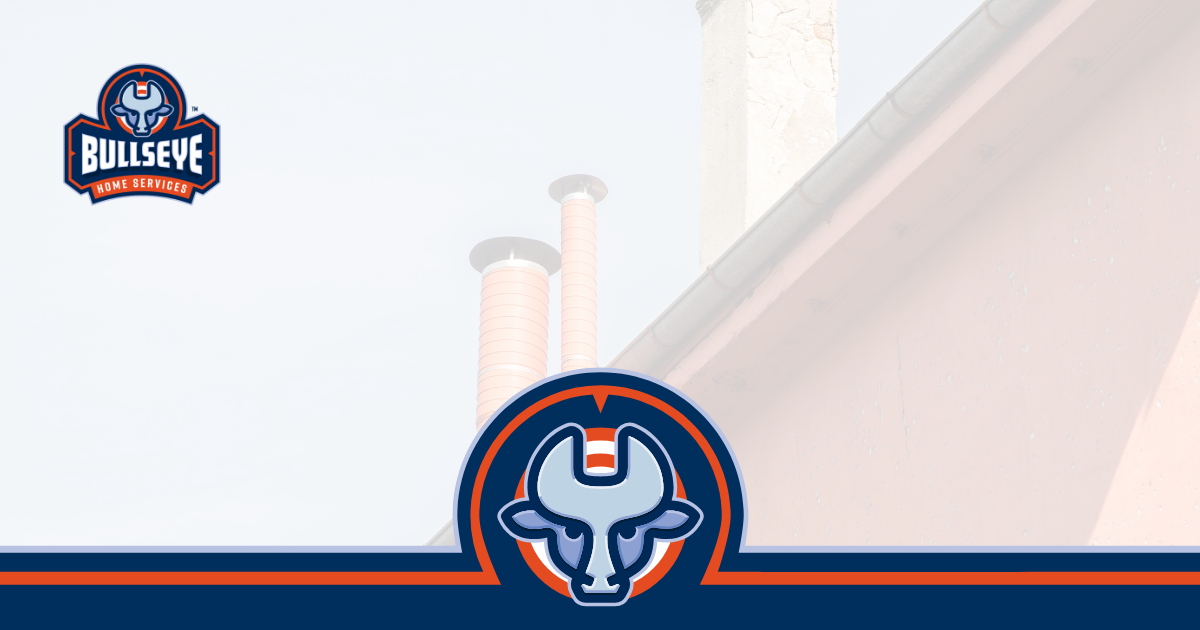Plumbing leaks can quickly become detrimental problems if they are not taken care of promptly. Learning how to identify and fix common household plumbing leaks can save you from the headache of dealing with extensive damage.
Below, our expert plumbers from Bullseye Home Services walk you through how to locate and prevent plumbing leaks in your home by understanding the most common causes. Call our team for professional plumbing repairs if you can’t fix your leak using our DIY tips below.
Identifying Common Household Plumbing Leaks
Plumbing leaks can happen in many places in your home, some more obvious than others. Water may leak from faucets, toilets, sinks, showers, and pipes within your walls or below the foundation. Water supply line leaks often lead to burst pipes and severe damage.
Appliance leaks refer to leaks from your dishwasher, toilet, laundry machine, and more. Because the piping going to these appliances should be sealed tightly, issues like broken seals from gradual wear and tear are frequent causes of plumbing leaks.
You can identify common household leaks by looking for signs of water damage, such as the following:
- Water stains
- Mold or mildew growth
- Sudden spikes in energy bills
- The sound of dripping or running water on the walls
Causes of Household Plumbing Leaks
Many factors can contribute to household plumbing leaks. Everything from worn-out plumbing fixtures to freezing temperatures can leave you with leaking water. Here are some of the top causes of plumbing leaks:
- Faulty plumbing fixtures: You may have issues with your fixtures if you notice the water in your toilet tank constantly running or your sink faucets dripping. Faucet and fixture leaks can be hard to detect, but higher water bills should be your first clue.
- Loose or damaged pipe joints: The joints between pipes can corrode, causing everything from minor drip leaks to major ruptures.
- Deteriorating seals or gaskets: The seals, washers, gaskets, and O-rings on faucets can wear down, causing excess water to leak from the fixture.
- Pipe corrosion: Corrosion is a common issue with iron pipes, leading to leaks in numerous areas. To prevent this concern, you can replace your piping with plastic or copper.
- Freezing temperatures: When water freezes, it expands, damaging plumbing systems and causing leaks. Experts often recommend letting faucets drip on freezing nights to prevent pipes from freezing.
- Clogged drains: Clogged drains can cause a large building up of water in pipes that cannot handle that flow level. Without release, the pipes may leak or burst.
- High water pressure: If your water pressure is too high for what your system can handle, pipes, faucets, or fixtures can leak or burst.
- Underground root growth: Underground leaks often occur when roots from trees or nearby plants grow into pipes, penetrating the system and causing water to leak.
The Importance of Locating the Cause of Your Leak
Household plumbing leaks can cause thousands in property damage, but they are avoidable.
When you locate the source of your leak, you may be able to patch it up, but you also need to understand why it happened to prevent the problem from recurring. For example, if the leak was due to frozen pipes, you’ll need to plan better for the next time temperatures drop below freezing. On the other hand, if the leak occurred from corrosion, you may need to consider replacing your other rusty and corroded pipes before it happens again.
DIY Leak Detection and Repair Techniques
Now, let’s talk about how to detect and fix your home’s plumbing leaks. Here are some practical steps you can take to do just that:
Leak Detection Tips
Plumbing leaks are not always as obvious as a burst pipe. Using the tips below, you can identify more minor leaks before facing expensive property damage. We recommend the following:
- Check for visible leaks or condensation under sinks, around toilets, and behind appliances.
- Listen for sounds of dripping or running water behind walls where piping runs.
- Check for water stains, mold or mildew growth, peeling paint, sagging floors, etc.
- Monitor water pressure levels.
- Monitor water bills for sudden spikes.
- Use food coloring or dye tablets to test for toilet leaks by dropping the dye into the tank to see whether the color spreads to the bowl.
Leak Repair Tips
If you notice any of the above signs, it’s time to locate and repair the leak. Luckily, some minor leaks are easy to fix on your own. Before repairing any leaks, you may need to shut off the main water valve to your home, depending on the location and severity.
Here are a few DIY repair tips for fixing minor household plumbing leaks:
- Tighten any loose fittings or connections with a wrench.
- Replace worn-out washers, gaskets, or O-rings on faucets or showerheads.
- Patch small leaks in pipes using epoxy putty or pipe repair tape.
- Insulate exposed pipes to prevent freezing and potential bursts.
Remember that after repairing the leak, you must determine why it happened to prevent the issue from coming back to bite you. If none of the simple fixes above works for you, don’t leave anything to chance; call a professional plumber to get the job done right.
When To Call a Professional Plumber
In many situations, you will need to call a professional plumber to repair your leak so you can avoid further damage. Here are some examples of when you will need to hire a professional:
- When leaks are difficult to access or repair (e.g., underground leaks)
- Any leaks involving extensive pipe damage
- Leaks that require pipe replacements or re-piping
- Any leaks involving the main water supply or sewer line
If any of these scenarios ring true, you must hire a licensed and experienced plumber who can handle complex repairs in a safe and compliant way, following all building codes.
Need Help With a Plumbing Leak?
Plumbing leaks are not always easy to fix. If you need help locating and repairing a leak, call Bullseye Home Services today at (941) 348-2000 to schedule service.
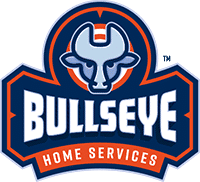
Bullseye Home Services
Providing Plumbing and Drain & Sewer services
that are second to none!
Request Service
Please fill out the form below to request an estimate or schedule service.
"*" indicates required fields
Call (941) 348-2000 or Schedule an appointment with the leading provider of plumbing, drain, and sewer services in Sarasota and nearby areas.
Choose Bullseye when you need expert repair, replacement, or maintenance.
